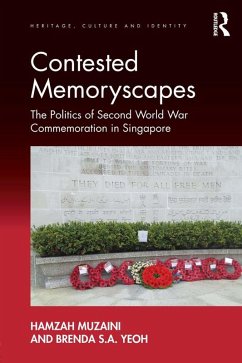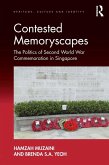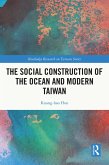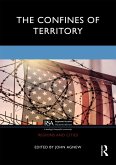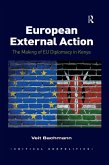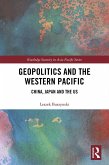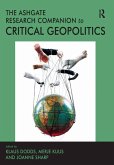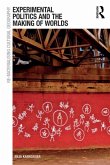This unique book analyses how the Second World War is remembered within Singapore, by shedding light on the manifold politics associated with the commemoration of wars not only within an Asian, but also a multiracial and multi-religious postcolonial context. It is based on archival and empirical data drawn from case studies in Singapore themed along different conceptual lenses including ethnicity; gender; postcoloniality, tourism and postmodernity; personal mourning; transnational remembrances and politics; and the preservation of original sites, stories and artefacts of war.
Dieser Download kann aus rechtlichen Gründen nur mit Rechnungsadresse in A, B, BG, CY, CZ, D, DK, EW, E, FIN, F, GR, HR, H, IRL, I, LT, L, LR, M, NL, PL, P, R, S, SLO, SK ausgeliefert werden.

